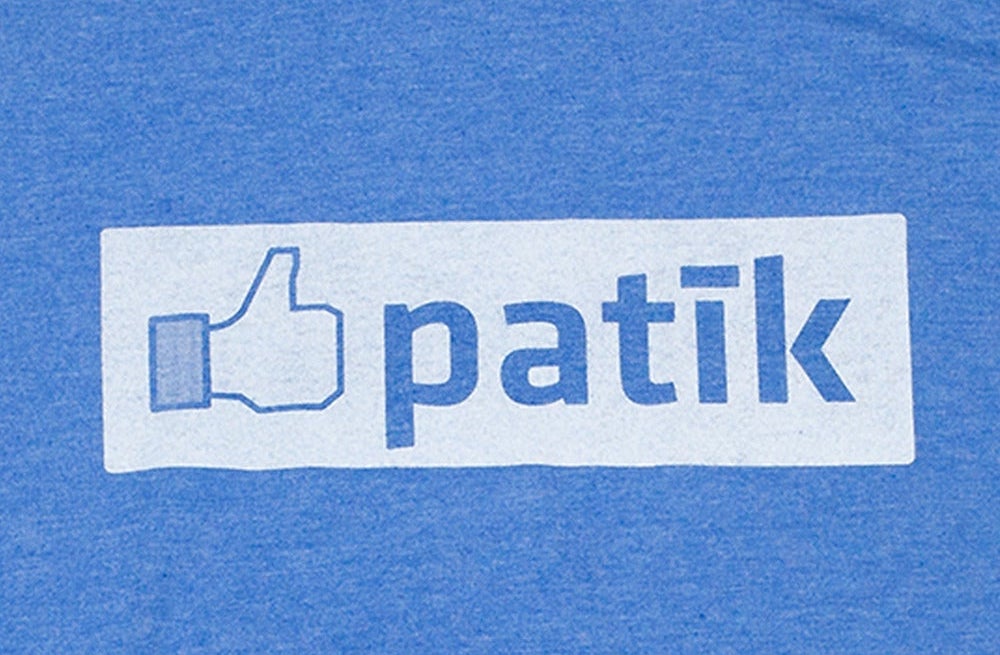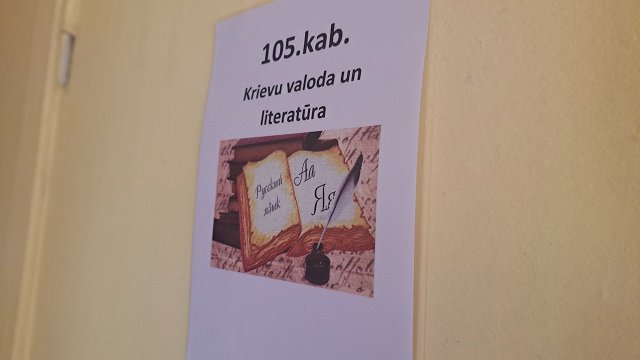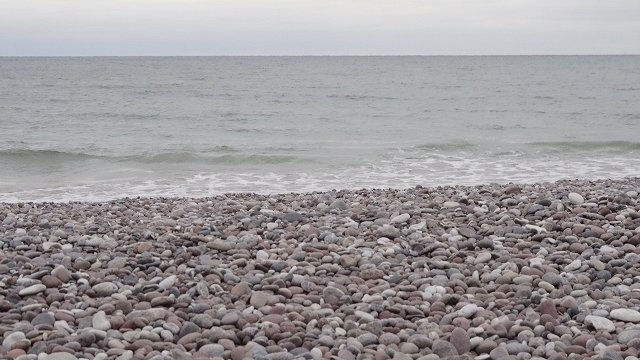Word of the year
Many English words, such as “like” have developed new meanings in the age of technology, and the Latvian language is trying to catch up. In the beginning many of the English words go through the 'Latvian treatment' with a slightly changed spelling to make it more phonetic and a Latvian ending. That's how a social media “like” became “laiks” in Latvian, which could be confusing as it's also the word for time or weather. The suggestion of the language group took the root of the verb “tikt”, meaning “to enjoy”, and added an ending (same as the one for thumb) to make it a noun.
One of the nominated words, “valstsgriba”, or “national will”, has been closely associated with President Egils Levits for his use of the word in speeches, and the Latvian word that would possibly replace “influenceris” (“influencer”), “domvedis” (“thought leader”), has also been included in the shortlist. However there are a few arguably strange suggestions, such as calling the “Whatsapp” chat application “vecpaps”, which could also be confused for a Latvian version of grandpa or opa.
Non-word of the year
The “non-word of the year” category includes such Latvian words as “ofiss”, which is used for the English “office” instead of the Latvian words “birojs” or “kantoris”. The literal translation for “black ice”, “melnais ledus” is also on the shortlist, as the proper Latvian translation is “atkala”. Other candidates include wrongly conjugated words, for example - the Latvian word for “lion” is “lauva”, which has a feminine ending, but when associated with a man (for example, in relation to the horoscope), it should be conjugated with a masculine ending.
Winged words of the year
The “winged words” category includes phrases or expressions that have been divorced from their original meaning, but have already become widely used in society. For example, “patiesais labums”, or “true benefit”, has become divorced from the original expression “patiesais labuma guvējs” for “true beneficiary”. Another candidate is the Latvian for alarm “raisers”, or “cēlēji” and “cēlāji”.
Verbiage of the year
Kolmane said the “verbiage of the year” category is still in demand. It includes the strangest string of text heard or read in serious texts, including amusing misspellings or misspeaking. Some contestants include “abolition of intimacy of members of parliament”, “I don't have a Pandora's box from which to take this pay!”, “Authorities captured 33kg of hashish on the border” and others.
The survey conducted by the language group in cooperation with the Latvian Writer's Union is officially closed, and a panel of judges will take the week to look through the material that have been received over the year. The winners for the categories of word of the year, non-word, winged words and verbiage will be announced at the Riga Latvian Society House Club Hall at 11:00 a.m. on January 27.































